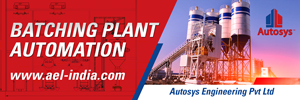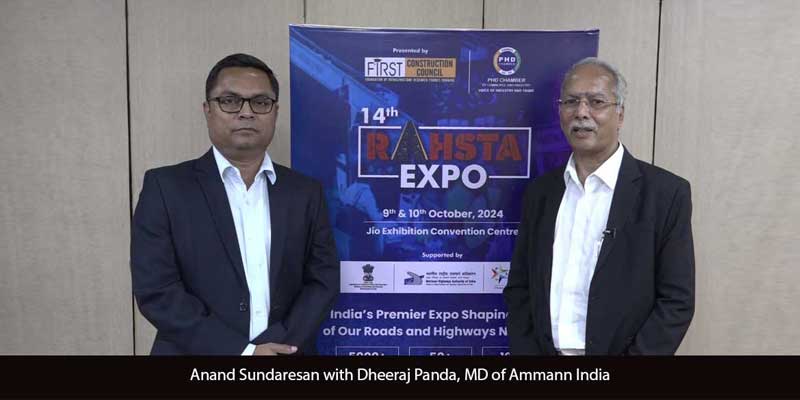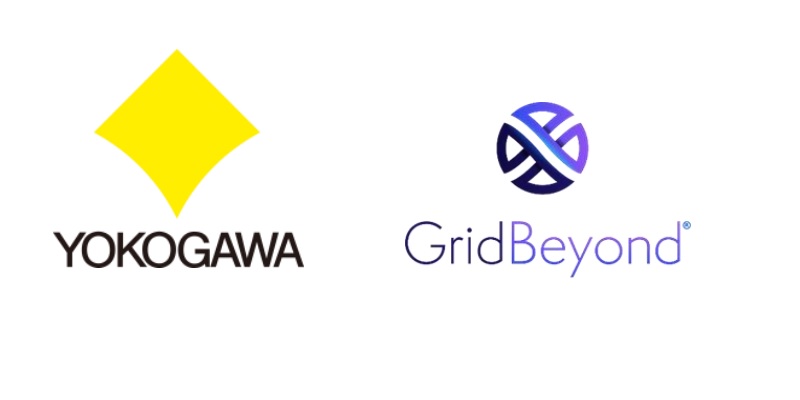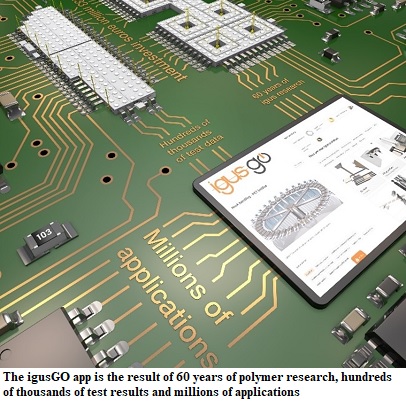Schedule a Call Back
Electric vehicles: Will it lead to job losses in forging industry?
 Technical Articles
Technical Articles- Feb 01,18

| Segment | Typical consumption of forging per vehicle (in kg) |
| Passenger Vehicles | 180-200 kg |
| M&HCVs | 400-420 kg |
| LCVs | 200-250 kg |
| Tractors | 250-300 kg |
Related Stories
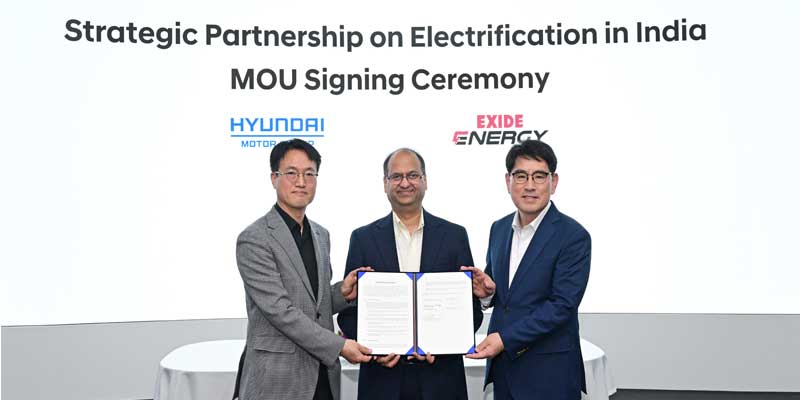
Hyundai Motor and Kia partner with Exide Energy for EV battery localization
Partnership with Exide Energy enables Hyundai Motor and Kia to equip future electric vehicles in the Indian market with locally produced lithium iron phosphate (LFP) batteries
Read more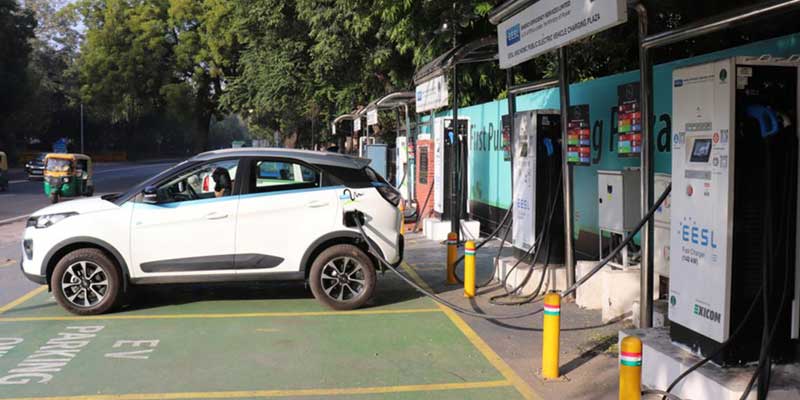
Electric vehicle sales in India zoom
Backed by supportive government policy and low running costs, sales of electric vehicle (EV) grew across all segments in India in 2023, says Bloomberg New Economy Forum report.
Read more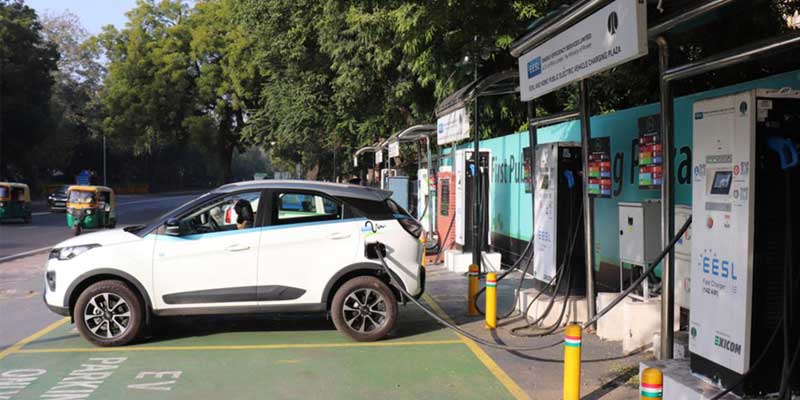
Will new EV policy pave way for Tesla in India?
While the new Electric Vehicle (EV) policy aims to promote EV manufacturing in India, there could be some risk to a few of the upcoming high-end SUV models and imported luxury vehicles, says Rakesh ..
Read moreRelated Products

Fluorescent Pigments for Traffic Cone
Aron Universal Limited offers a wide range of fluorescent
pigments for traffic cone.
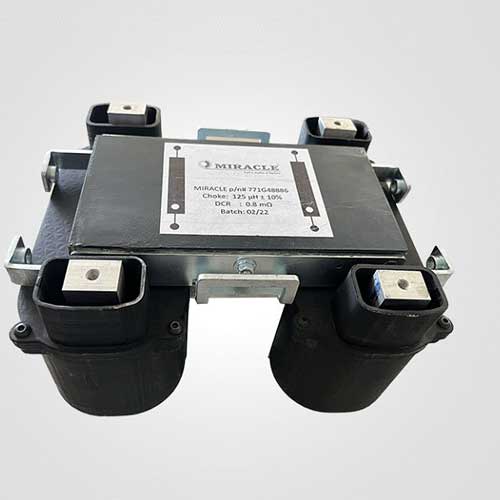
D C Choke
Miracle Electronic Devices Pvt Ltd offers a wide range of D C choke.
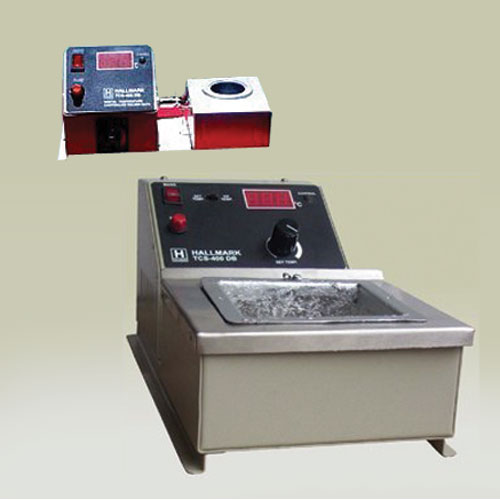
Temperature Control With Solder Bath
Hallmark Electronics offers a wide range of solder bath with temperature control. Read more

